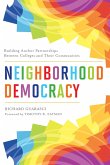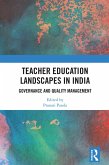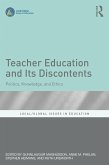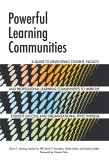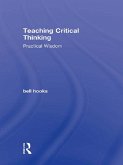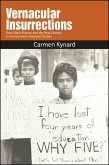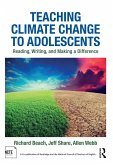Dieser Download kann aus rechtlichen Gründen nur mit Rechnungsadresse in A, B, BG, CY, CZ, D, DK, EW, E, FIN, F, GR, HR, H, IRL, I, LT, L, LR, M, NL, PL, P, R, S, SLO, SK ausgeliefert werden.
Dr. David Maurrasse
Founder and President of Marga Incorporated; Director of the Anchor Institutions Task Force; Adjunct Research Scholar at the Earth Institute; Adjunct Associate Professor at the School of International and Public Affairs at Columbia University
"A timely, informative, and inspirational book highlighting the importance of educating for democratic citizenship. It speaks to transformative university and community partnerships with an exciting vision to help solve society's grand challenges: climate change, education access, immigration, mass incarceration, public health, race and inequality, and voter engagement. A must read for Presidents, Provosts, and faculty who are working to develop the next generation of exceptional leaders our society needs."
Jan Risë Liss
Executive Director, Project Pericles
"American democracy and our system of higher education both face perilous times. Drawing on his years of innovation and community engagement as president of Wagner College, Richard Guarasci makes a compelling case that these bedrock institutions can be revitalized through meaningful university neighborhood partnerships. Moving beyond theory to actual practice, Neighborhood Democracy is both an important call to action and a helpful guide for solution-seeking institutional leaders everywhere. Well worth reading!"
Beverly Daniel Tatum
President Emerita, Spelman College
"Dr. Guarasci has show that liberal arts colleges can do remarkable good in society by developing partnerships with the community, especially communities in economic need. Guarasci shows that higher education can effect change in tangible, meaningful ways. Should be required reading for all college presidents."
Kurt M. Landgraf
former President of Washington College, COO of DuPont, and President of the Educational Testing Service
"What Neighborhood Democracy does so well is provide the historical context and real-world examples to help educators understand how successful partnerships work and how the benefits to both the communities served and institutions create positive, sustaining contributions."
Emily Holmes
The University of Southern Mississippi, Hattiesburg, Mississippi, USA, Community College Journal of Research and Practice



